“i died on the table twice. i’ve had two out-of-body experiences,” sandy said. “i remember them as clear as day.”
during her time in and out of surgery, her hip bone was chiselled down to nearly nothing, leaving her without one of—if not the most—important joints in the body. she had to relearn how to walk, retrofit her home to reflect her newly acquired needs, and deal with excruciating chronic pain that afflicted her daily.
sandy also developed an infection in her blood and bones after the surgeries, leading to a five-year stint with antibiotics. but sandy, even with everything she had been through, wasn’t going to give up that easily.
“i said, ‘not going to happen,’” she said when talking about her new state of health. “i got myself to the gym every day, and i was trying to make alternate muscles assist me to try to walk, and eventually i did. i didn’t walk well … but i did. but every step just is a killer.”
flash forward 15 years, and “it’s just gotten worse and worse.” sandy cannot stand, sit, or lie down comfortably, as no position provides any relief. every second of every day, she is in some measure of pain.
sandy was also diagnosed with two forms of cancer – cervical and vulvar – while she was already fighting a battle with avascular necrosis.
 8 minute read
8 minute read










